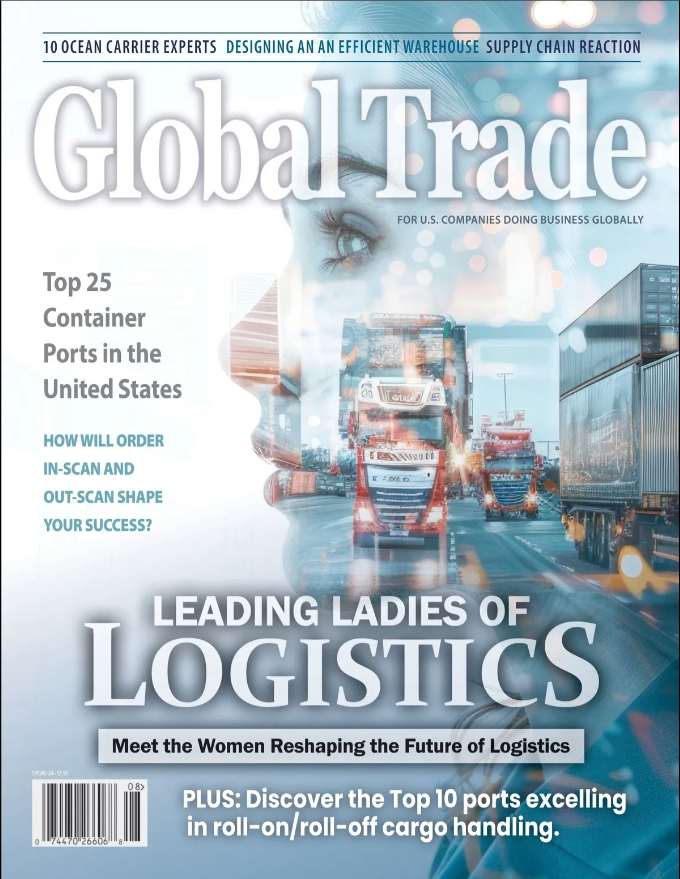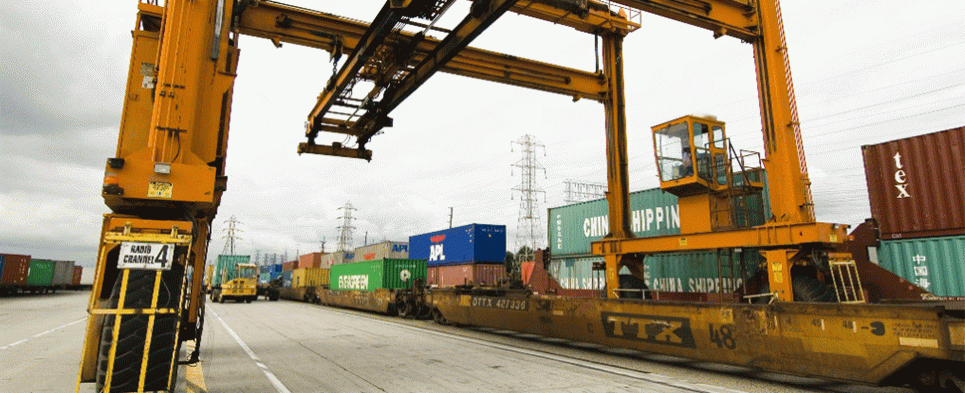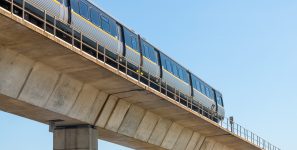BNSF Railway Lifts Embargo on Westbound Interchanging Containers
The BNSF Railway has lifted an earlier embargo on interchanging westbound ocean containers headed to U.S. West Coast on-dock facilities. The decision comes just days after the railroad imposed the original ban.
One of the country largest intermodal rail carriers, the BNSF says it decided to lift the ban as westbound freight movement has “become more manageable” and that “it’s encouraging that the parties involved have agreed to mediation, and urge prompt restoration of full production levels necessary to avoid further disruptions.”
The original ban was put in place, the railroad says, “in anticipation of further slowdowns and marine terminal congestion,” adding that it had been informed by the ports of Los Angeles, Long Beach, Oakland, Portland, Tacoma and Seattle that they had plans to limit terminal labor calls. The “parties involved” are the Pacific Maritime Association (PMA), which represents the terminal operators and ocean carriers that serve the 29 deep-water ports from Seattle to San Diego, and the International Longshore &Warehouse Union (ILWU), which represents the 20,000-plus dock workers who handle cargo at those ports.
Labor contract negotiations between the two entities have been ongoing for seven months as the ILWU’s contract expired at the end of last June. The talks deadlocked amidst a flurry of charges, counter-charges and finger-pointing as to who’s responsible for the congestion stalling cargo handling at the impacted ports.
The BNSF embargo announcement came after the PMA disclosed that it would reduce the number of night-shift longshore crews assigned to work vessels at the ports of Los Angeles and Long Beach to reduce congestion at their already over-burdened terminals. Los Angeles and Long Beach are the two busiest container ports in the country, handling upwards of 40 percent of the nation’s imports and a significant amount of its Asia-bound export volume.
If the BNSF hadn’t lifted the ban, industry analysts say exporters in the eastern U.S. would have had access to U.S. West Coast ports significantly reduced, while shippers in the western part of the country would have had difficulty finding empty containers to hold their Asia-bound export shipments.
Both the PMA and the ILWU have released little in the way of news as to the progress, or lack thereof, at the negotiating table. That situation is expected to intensify, as one of the conditions of having a federal mediator involved in labor contract negotiations is a ‘gag order’ on the parties involved in the talks.





Leave a Reply